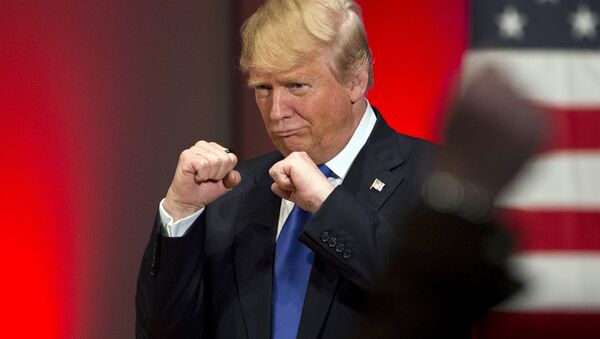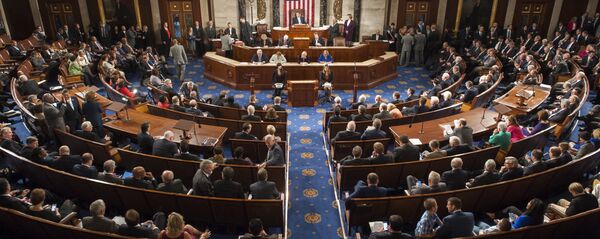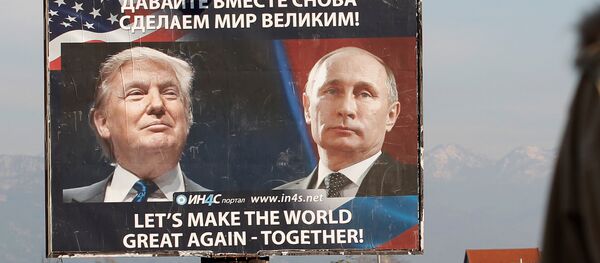Migranyan's remarks come in response to a top US defense official calling Russia the number one threat to the United States. "We have a number of threats that we're dealing with, but Russia could be, because of the nuclear aspect, an existential threat to the United States," Air Force Secretary Deborah Lee James told Reuters recently.
"All these claims are clearly baseless," the analyst said. "High-ranking military commanders are usually more reasonable in their assessments. It is civilian leaders of defense agencies who are more often making provocative statements and acting belligerently."
Migranyan expressed hope that Trump's team will be more realistic in its view of Russia, but the incoming administration will be under the firm pressure from critics of the next US president from both parties. This is what prompted analysts to assert that Washington's foreign policy will most likely retain its anti-Russian component despite Trump's victory.
"If someone assumes that Washington will make a pivot to Russia under Trump, they are sorely mistaken. There will be no red carpet treatment for us," Konstantin Simonov of Russia's Financial University told the newspaper Vzglyad.
The political analyst pointed to the complicated relationship between Donald Trump and the Republican establishment as the key reason. "The situation in Congress reflects a conflict between Trump and influential Republicans. Republicans will use Congress to adjust Trump's policies in a way that they need," he explained.
"It would have been surprising if Obama did not try to strengthen the political system which was created under him. He is trying to lay traps for Trump when it comes to foreign and domestic policies. The first covers the European Union and anti-Russian sanctions, while the second one deals with anti-Russian laws in Congress. It is very important for Obama to pass his laws through Congress so that it would be extremely hard for Trump to change anything," he explained.



